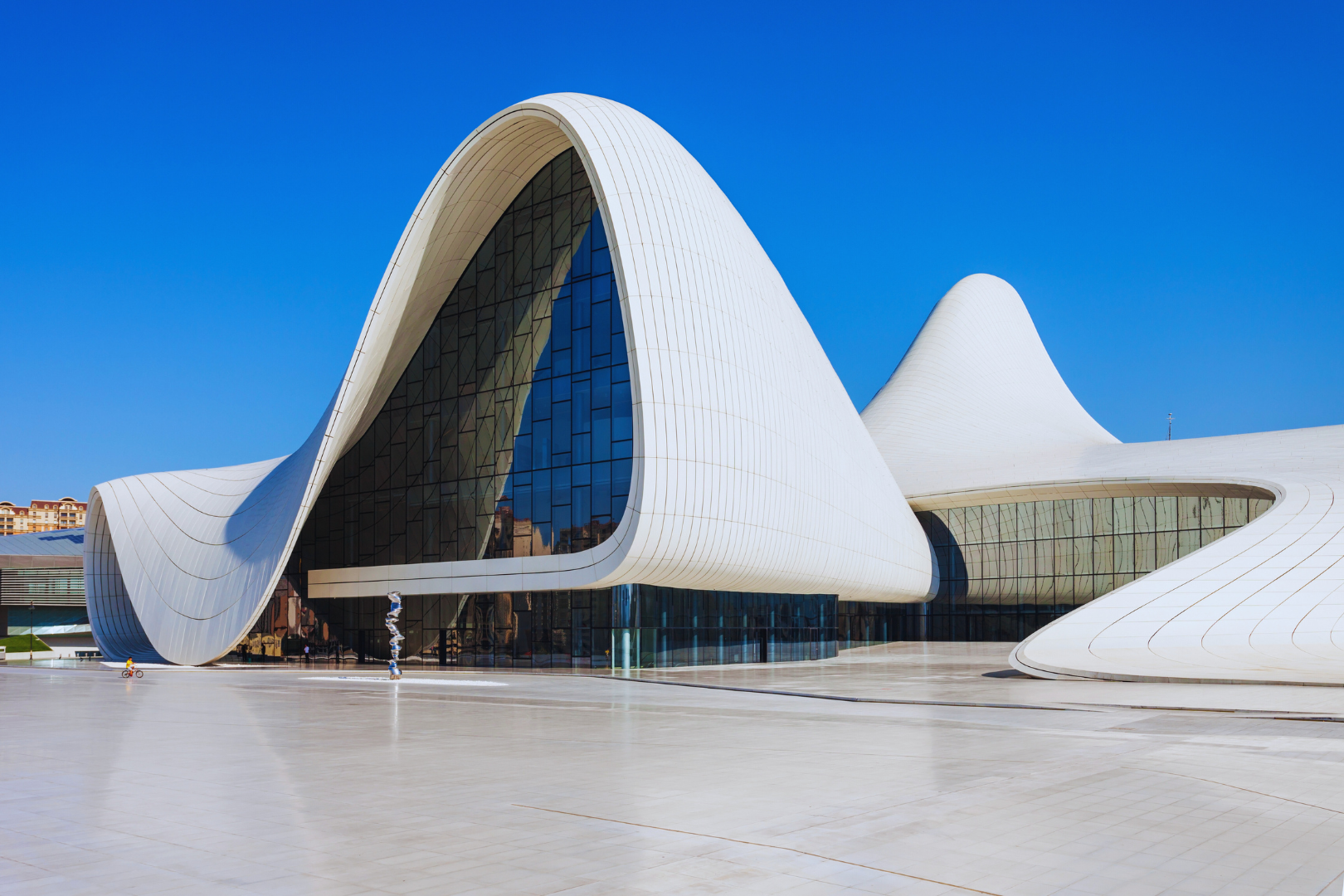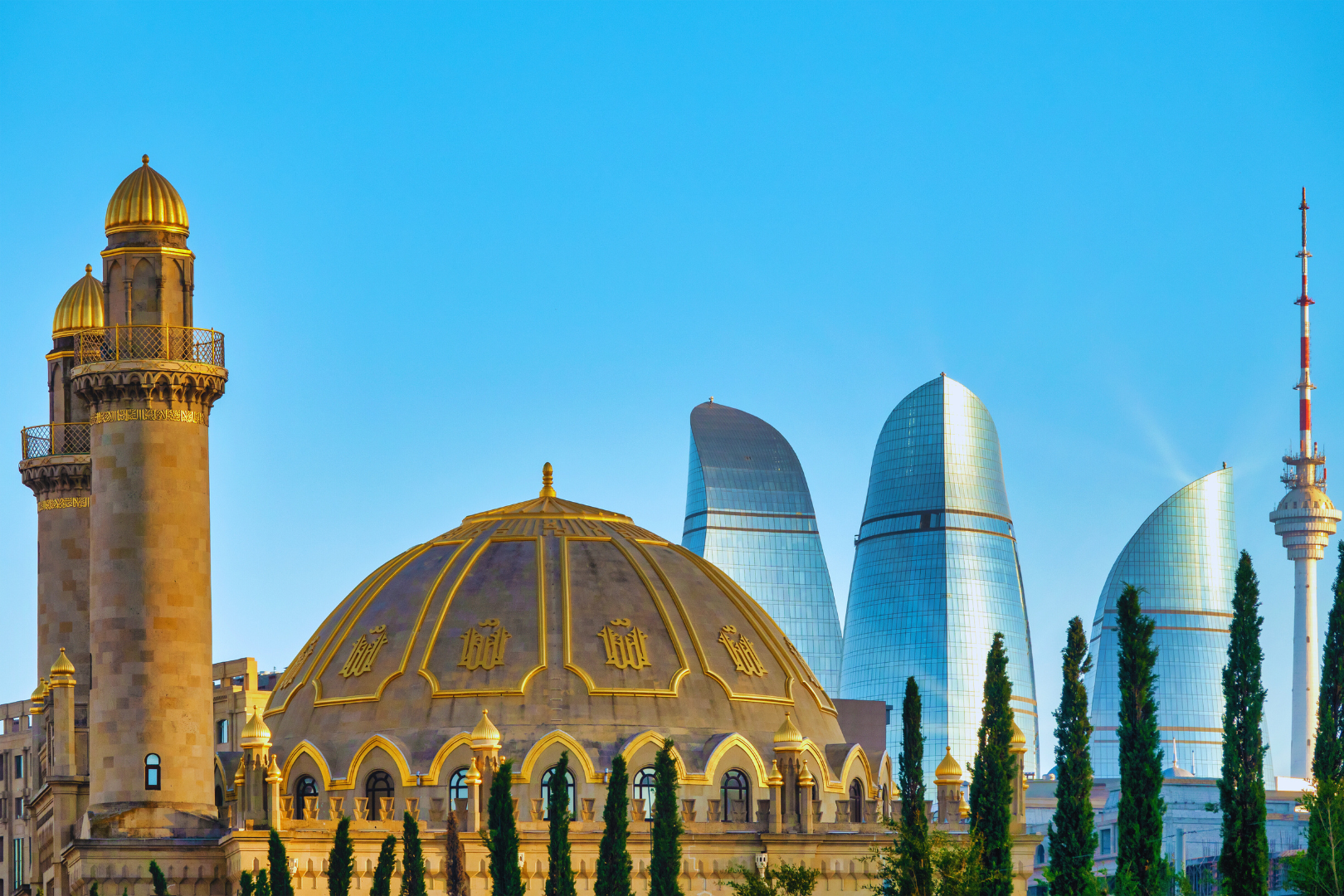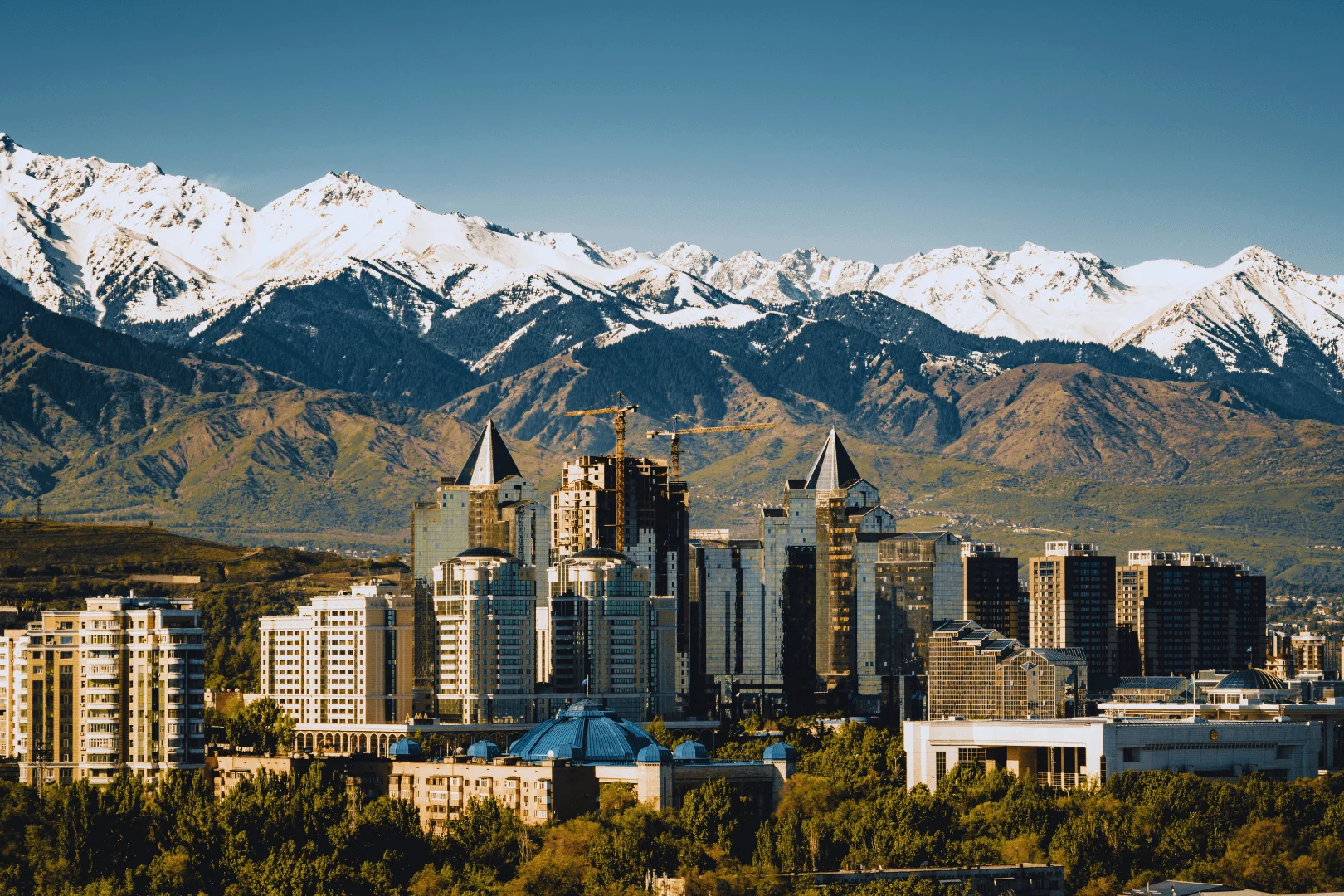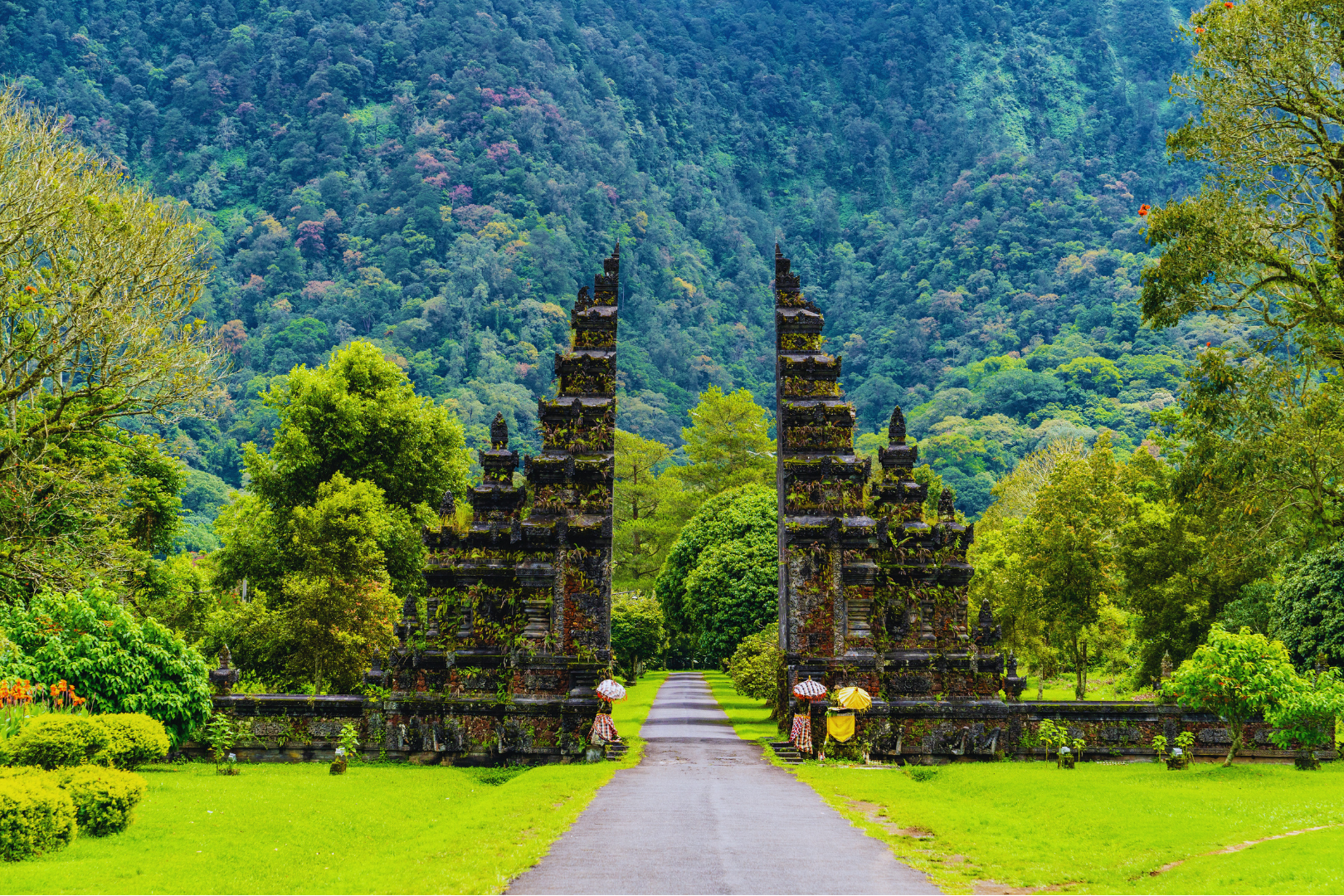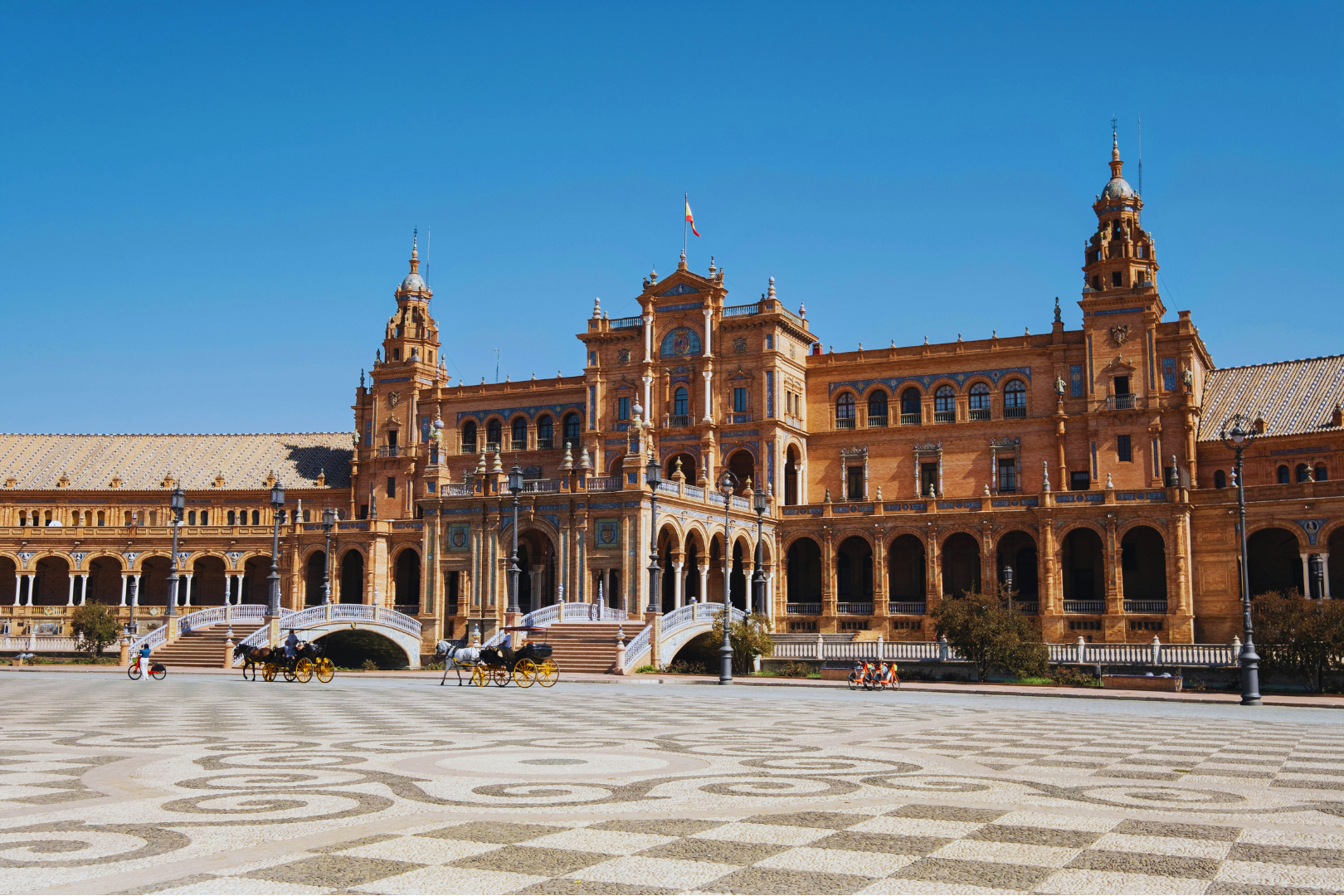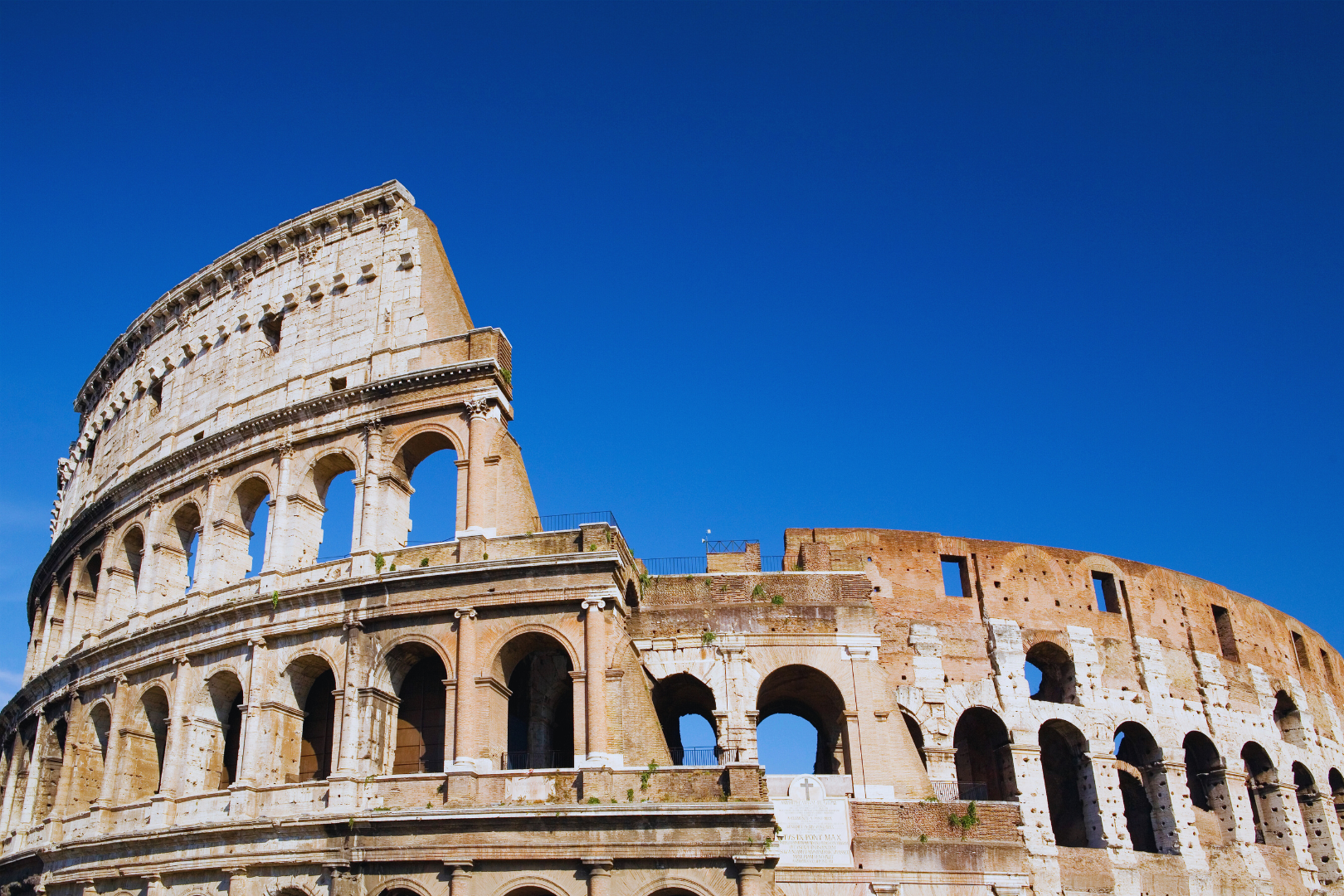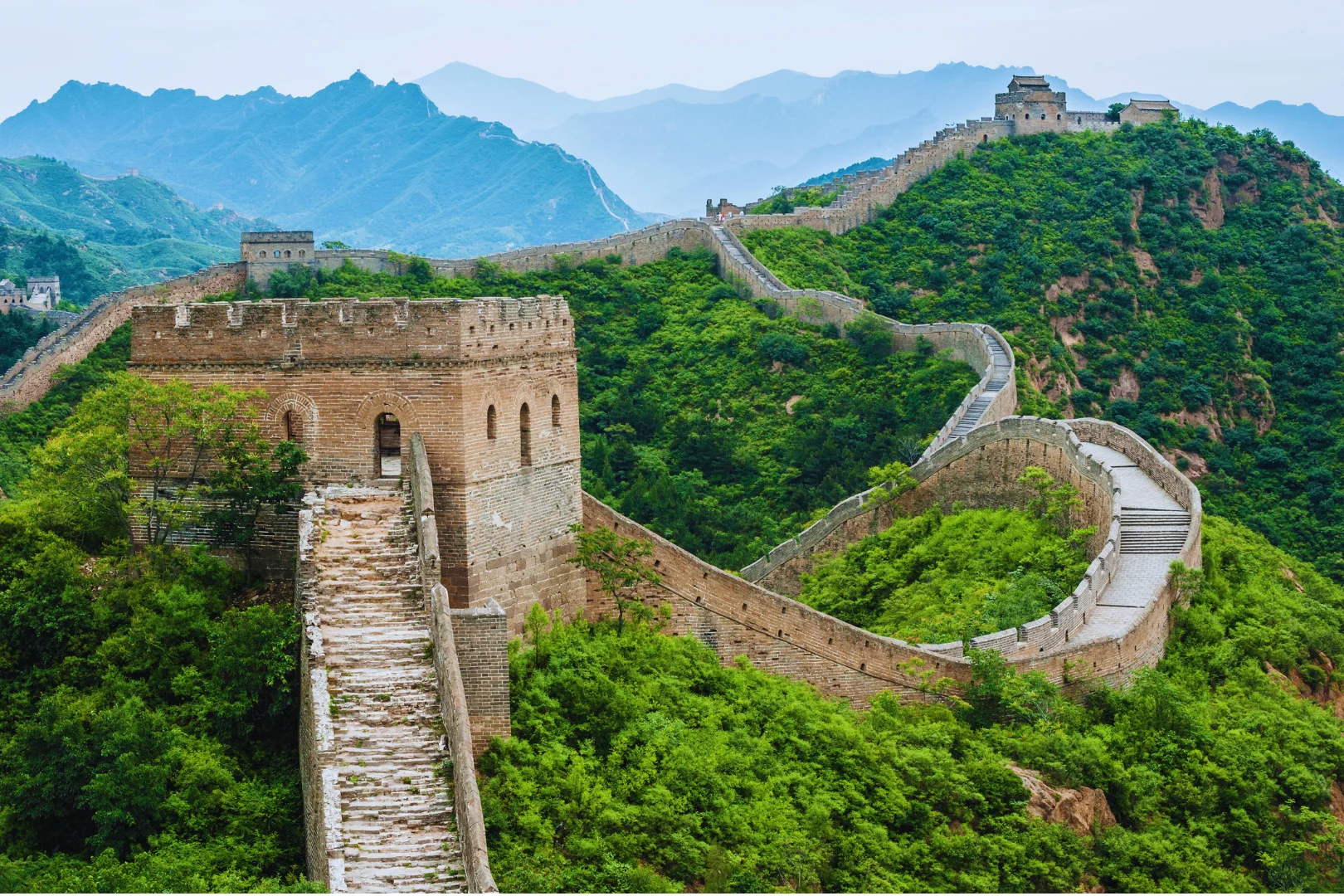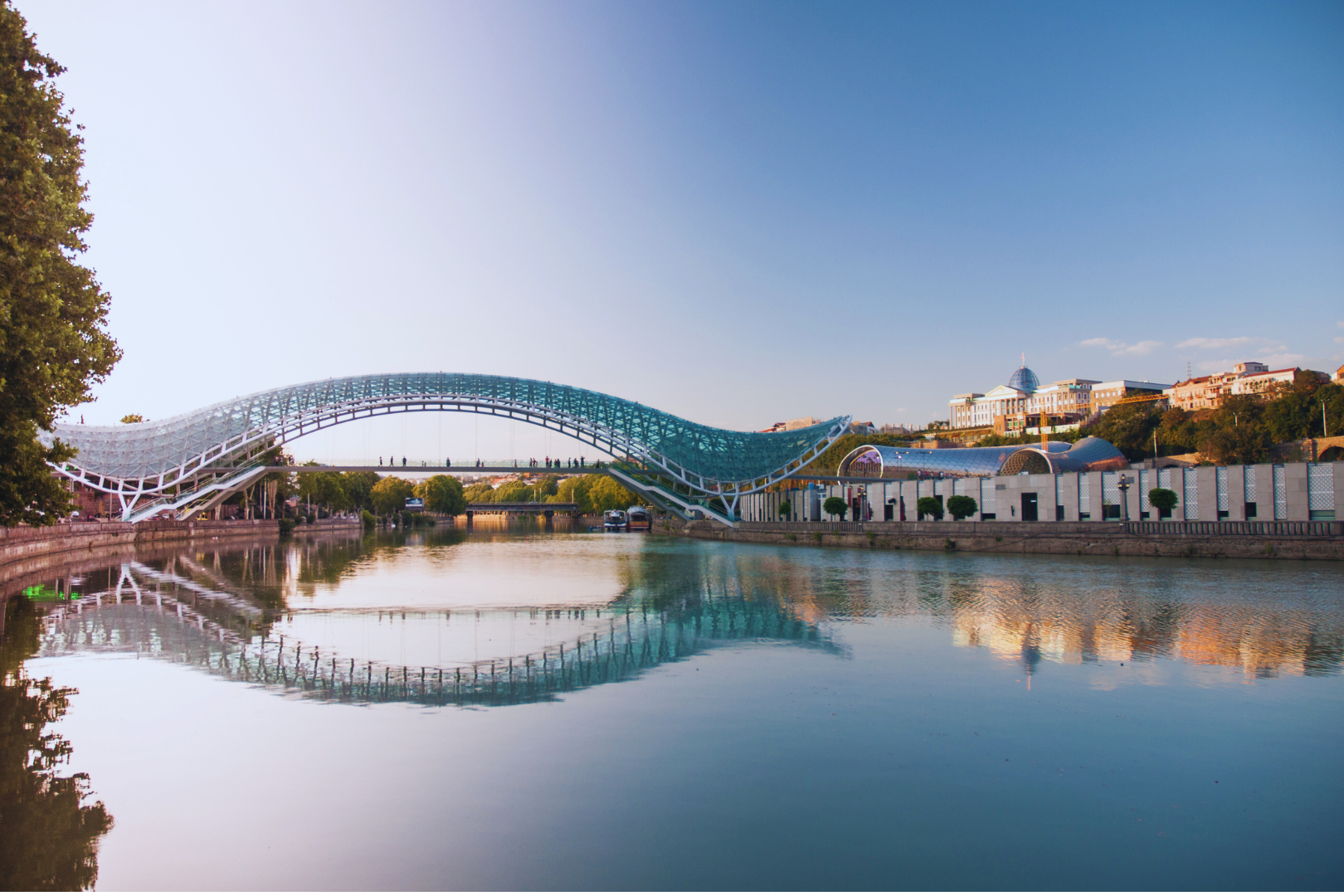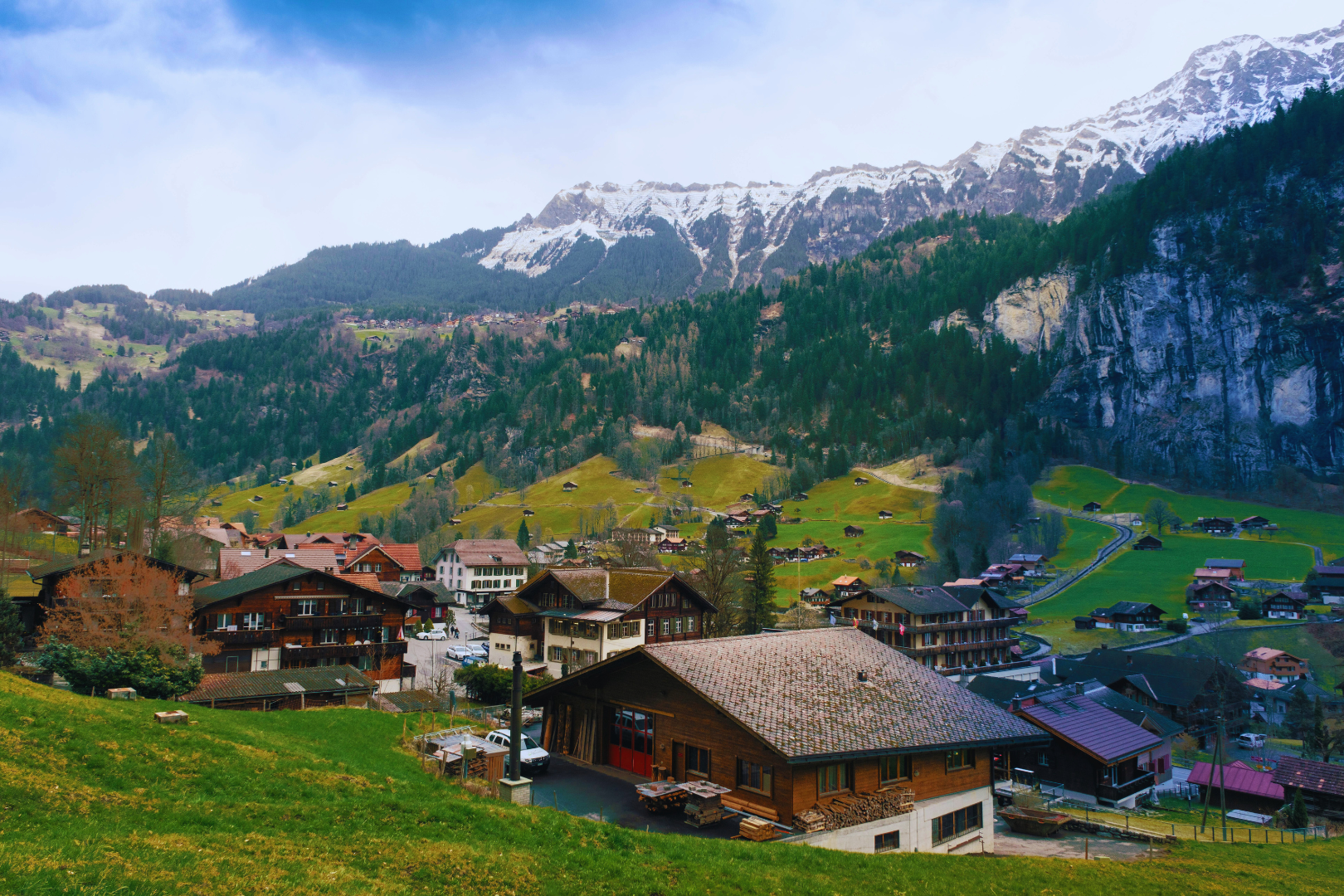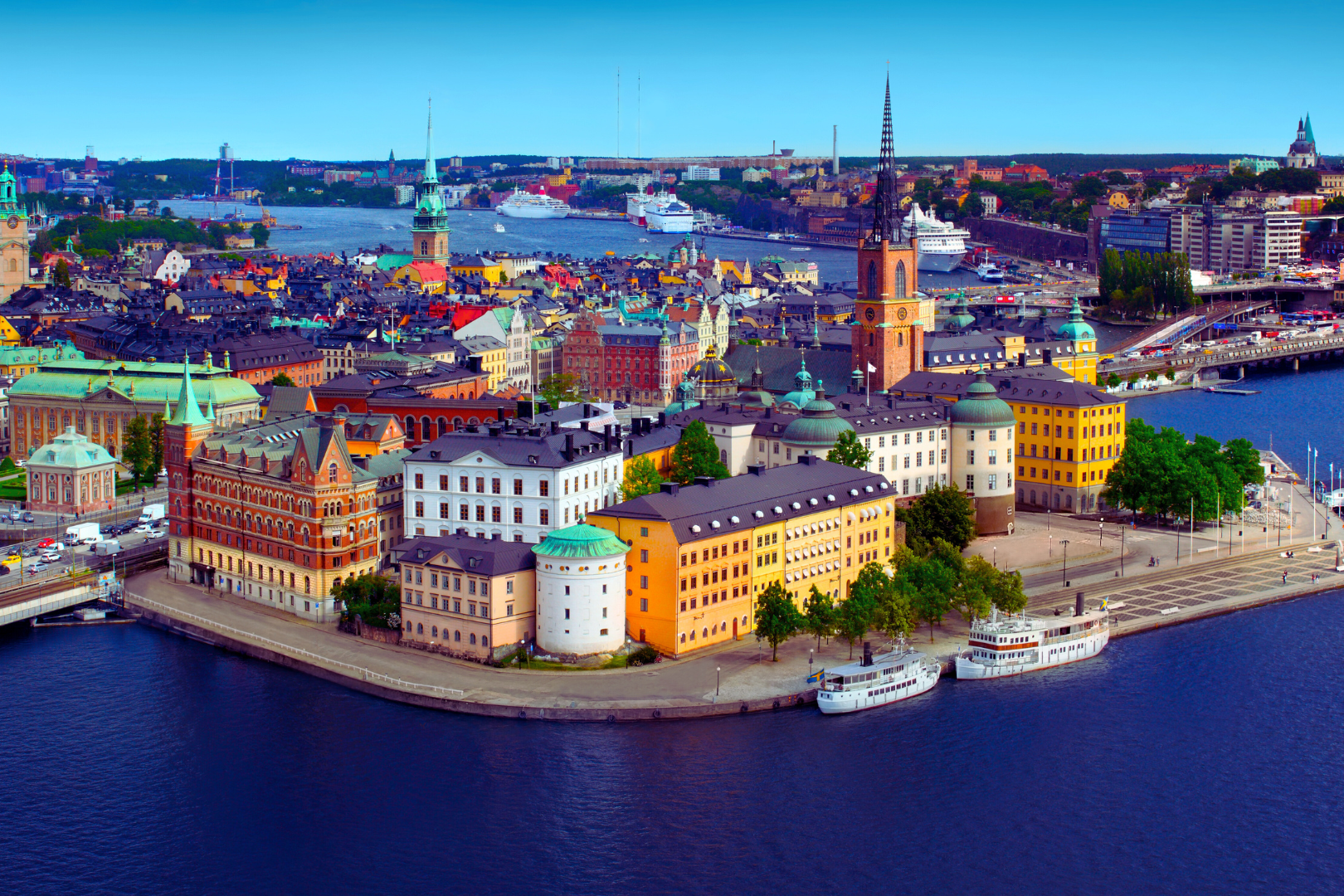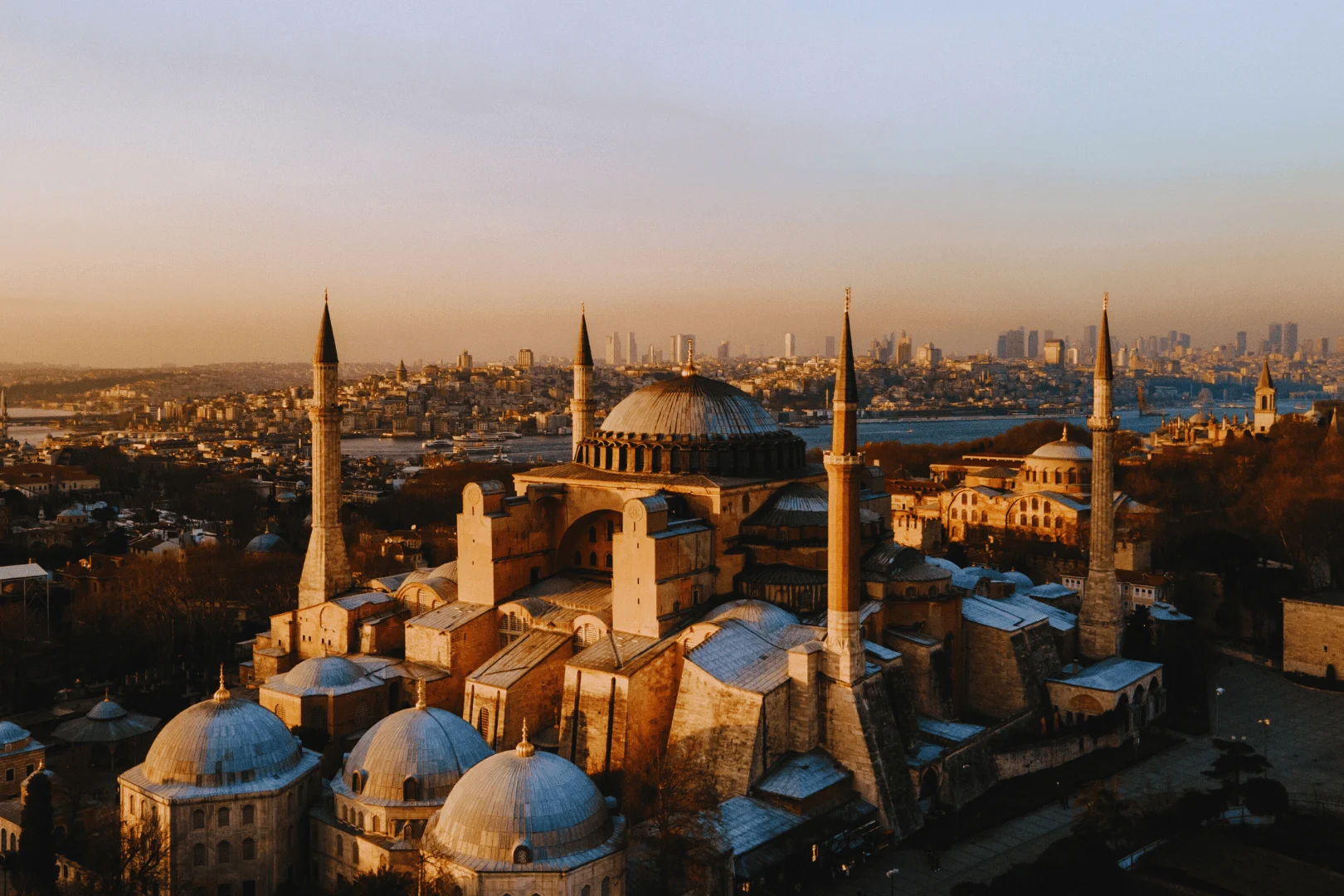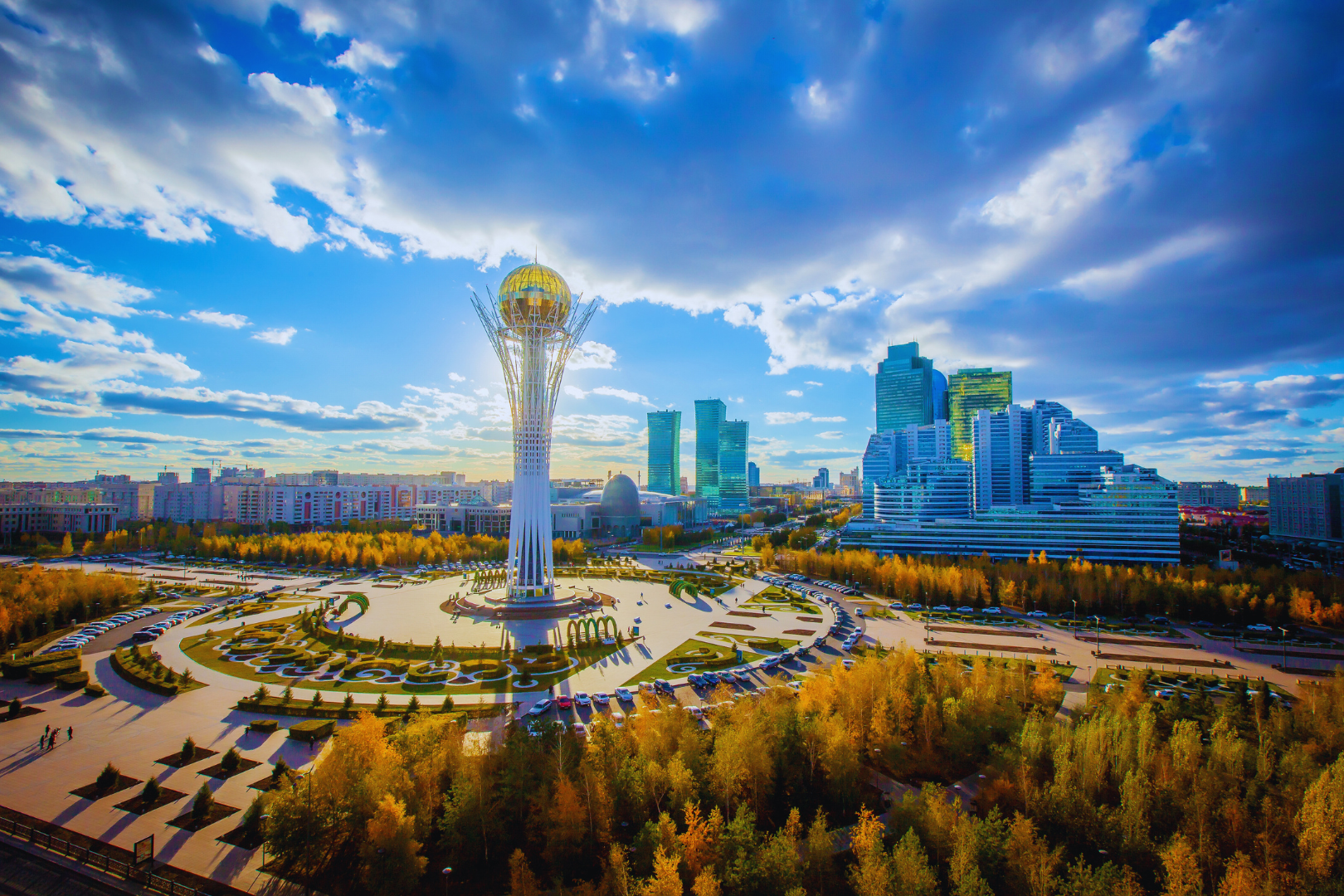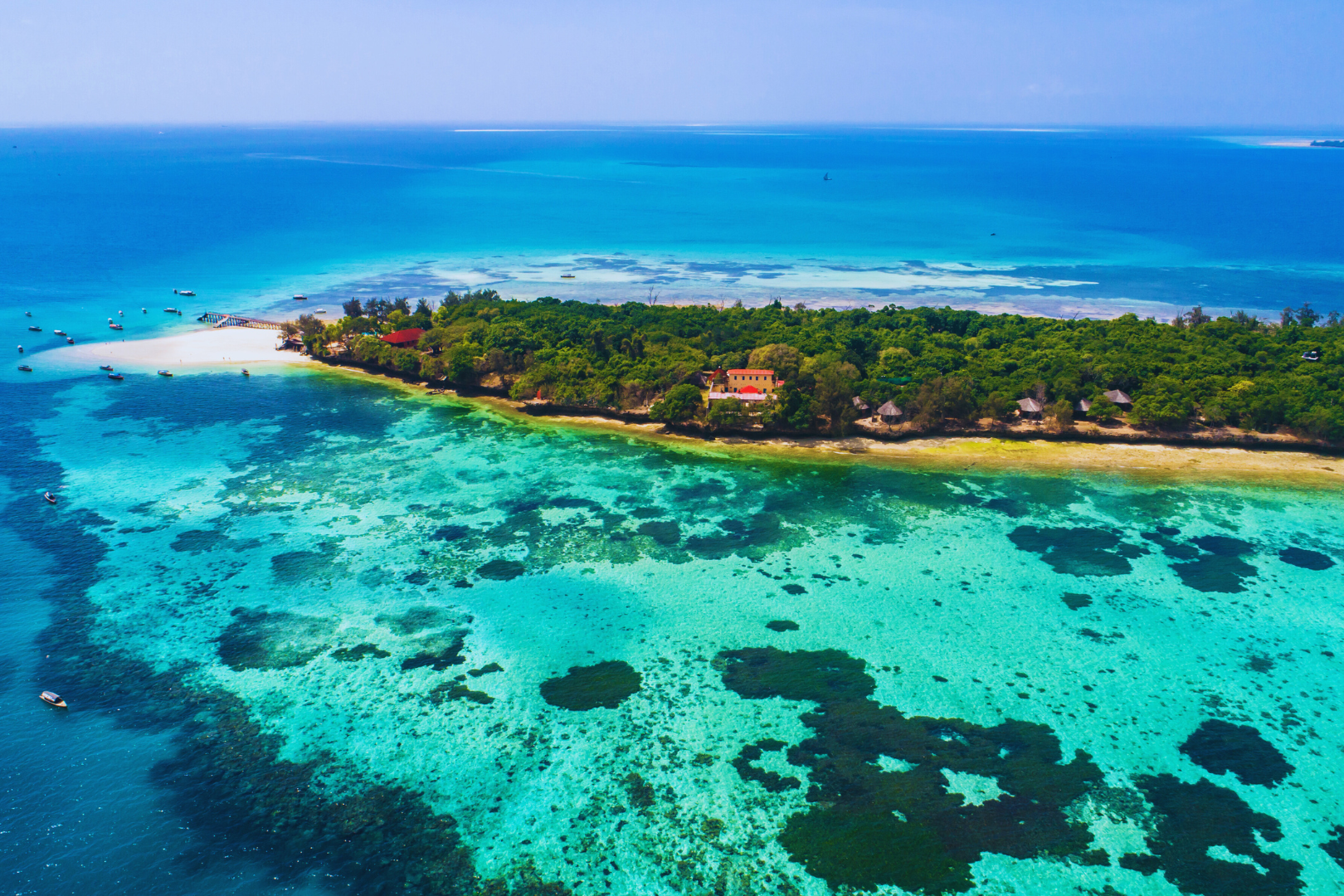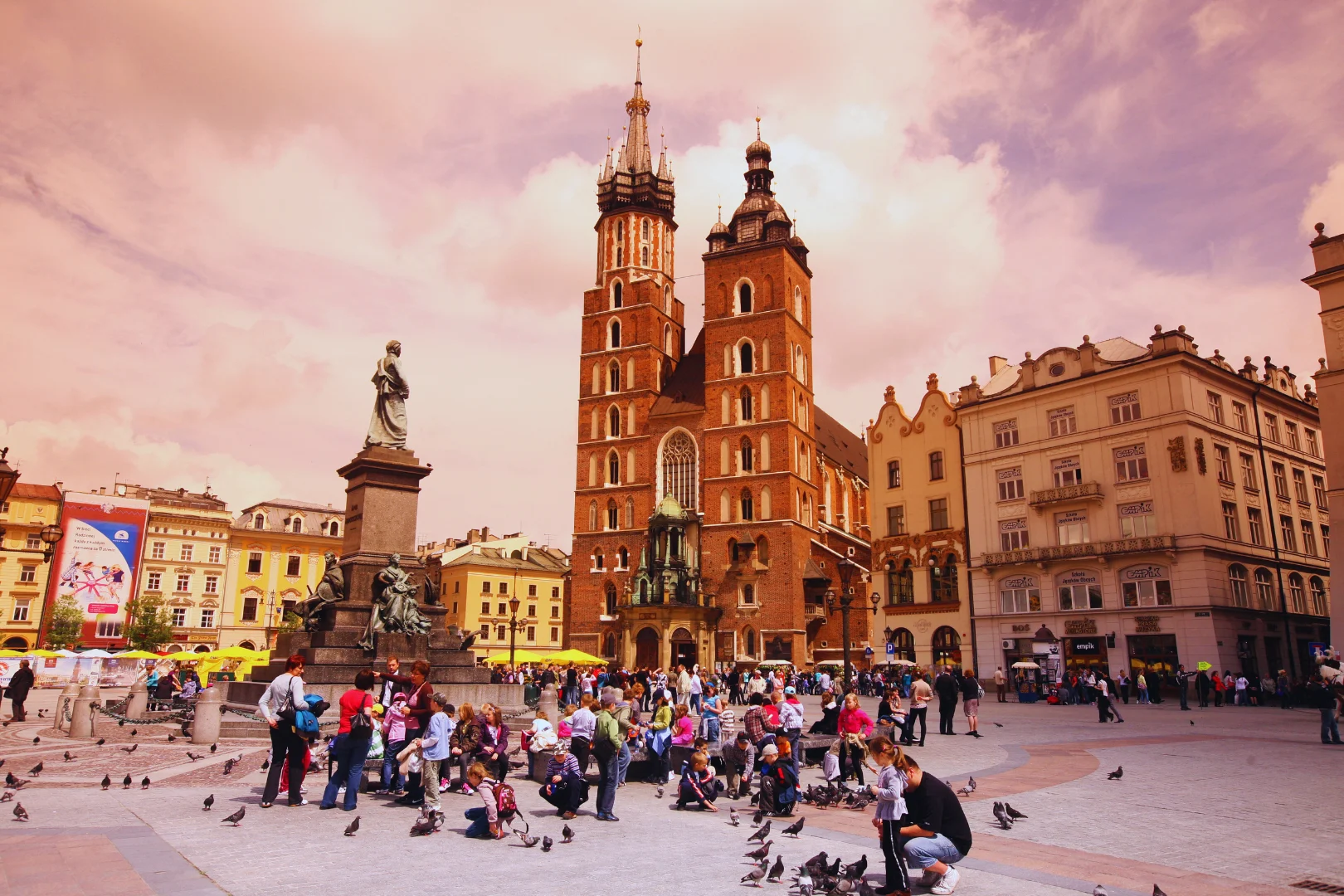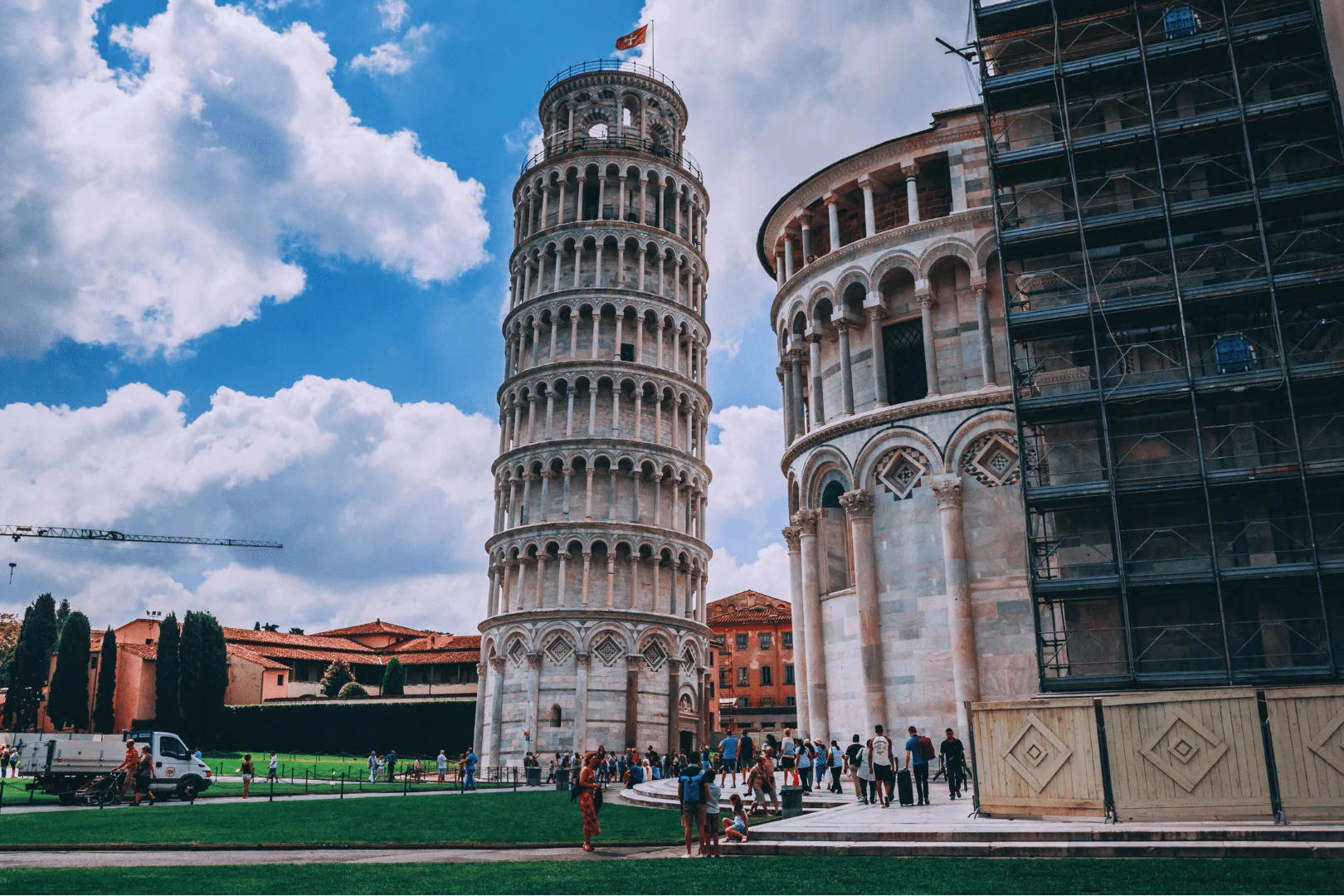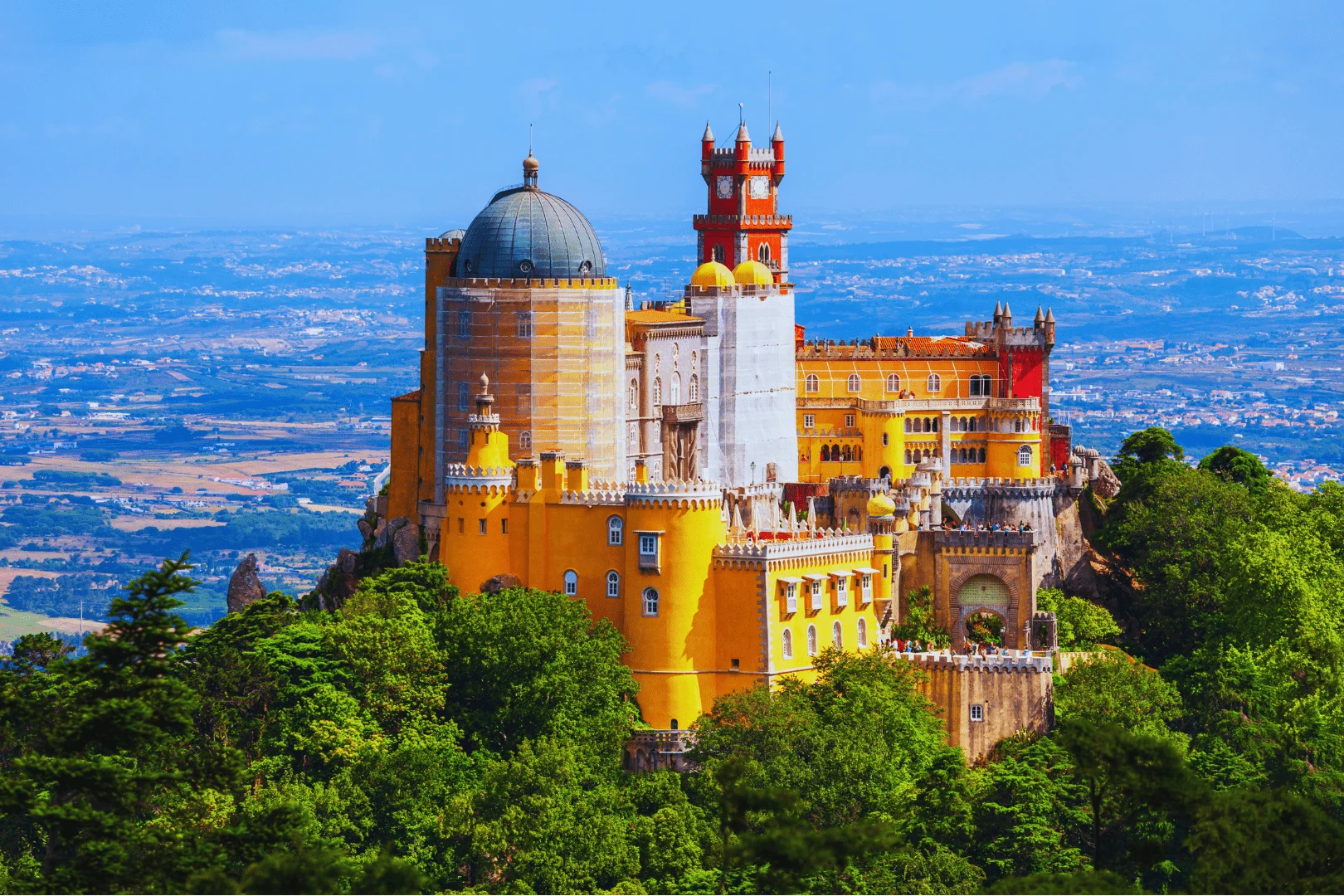Azerbaijan: The Land of Fire and Timeless Culture
Azerbaijan, often called the “Land of Fire,” is a country where ancient traditions meet modern innovation. Nestled at the crossroads of Eastern Europe and Western Asia, Azerbaijan boasts a rich history, vibrant cities, and stunning natural beauty. From the dramatic Caspian Sea coastline to the rugged Caucasus Mountains, the country offers a wide range of experiences for every type of traveler. Baku, the capital, stands as a shining example of this contrast—where futuristic architecture rises beside centuries-old heritage sites.
Key Highlights:
- Cultural Fusion – Azerbaijan blends Persian, Turkish, Russian, and Islamic influences, resulting in a unique cultural identity.
- Natural Diversity – Enjoy beaches, mountains, mud volcanoes, and lush forests all in one trip.
- Affordable Luxury – Experience high-end travel, fine dining, and boutique stays without breaking the bank.
- UNESCO Treasures – The country is home to sites like the Walled City of Baku and Gobustan Rock Art Cultural Landscape.
- Warm Hospitality – Locals are known for their warmth and hospitality, especially in rural regions and small towns.
Top Tourist Attractions
Baku Old City (Icherisheher) – A UNESCO World Heritage Site with narrow alleys, mosques, and ancient palaces. It’s the historical core of Baku.
Flame Towers – Iconic skyscrapers representing fire, illuminated each night with stunning light displays.
Gobustan National Park – Known for prehistoric petroglyphs, mud volcanoes, and otherworldly terrain.
Sheki Khan’s Palace – A beautifully restored 18th-century palace in the town of Sheki, featuring intricate stained-glass windows.
Naftalan Oil Resort – A unique health tourism spot famous for therapeutic oil baths used for centuries.
Tufandag Mountain Resort – A popular skiing and snowboarding area in the Caucasus Mountains, also ideal for summer hiking.
Ateshgah Fire Temple – An ancient fire-worshippers’ temple near Baku, symbolic of Azerbaijan’s ancient Zoroastrian roots.
Travel Tips for Azerbaijan
Transport: Use the Baku Metro or taxis (Bolt app recommended). For intercity travel, buses and trains are affordable.
Currency & Exchange: Exchange currency at banks or official exchange points. Credit cards are accepted in major cities.
Language: Learning basic phrases in Azerbaijani or Russian can be helpful in rural areas.
Safety: Azerbaijan is considered safe, but carry identification and avoid discussing political matters.
Dining: Try dishes like Plov (rice pilaf), Dolma, Dushbara (dumplings), and Lavangi (stuffed chicken).
Connectivity: SIM cards are easily available from major providers like Azercell and Bakcell.
Destination Facts: Azerbaijan at a Glance
Population: ~10 million
Languages: Azerbaijani (official), Russian and English widely spoken in cities
Currency: Azerbaijani Manat (AZN)
Best Time to Visit:
Spring (April–June) – Pleasant temperatures, perfect for sightseeing and festivals
Fall (September–October) – Crisp air and beautiful foliage, ideal for mountain trips
Azerbaijan tour Packages
Plan Your Perfect Destination
Frequently Asked Questions (FAQs)
1. Do I need a visa to visit Azerbaijan?
Yes, many nationalities require an e-visa, which can be easily obtained online within 3–5 business days.
2. Is Azerbaijan safe for tourists?
Yes, it is generally safe and tourist-friendly, especially in urban areas like Baku.
3. What is the official currency?
The Azerbaijani Manat (AZN) is the local currency. Cash is recommended for small shops and local markets.
4. What language is spoken in Azerbaijan?
Azerbaijani is the official language, but Russian is common. English is spoken in tourist zones.
5. What’s the best way to get around?
In Baku, use the metro or ride-hailing apps. For longer trips, intercity buses or trains are available.
6. What are must-try Azerbaijani dishes?
Be sure to taste Plov, Kebab, Dushbara, and local pastries like Pakhlava and Shekerbura.
7. Are there any customs I should be aware of?
Respect elders, avoid political discussions, and dress modestly in conservative areas.
8. When is the best time to visit?
Spring and autumn offer the best weather, fewer crowds, and vibrant landscapes.
9. Is tap water safe to drink?
Stick to bottled water, which is affordable and widely available.
10. What are the best souvenirs to buy?
Traditional rugs, ceramics, saffron, local wine, and handwoven textiles are all great options.

